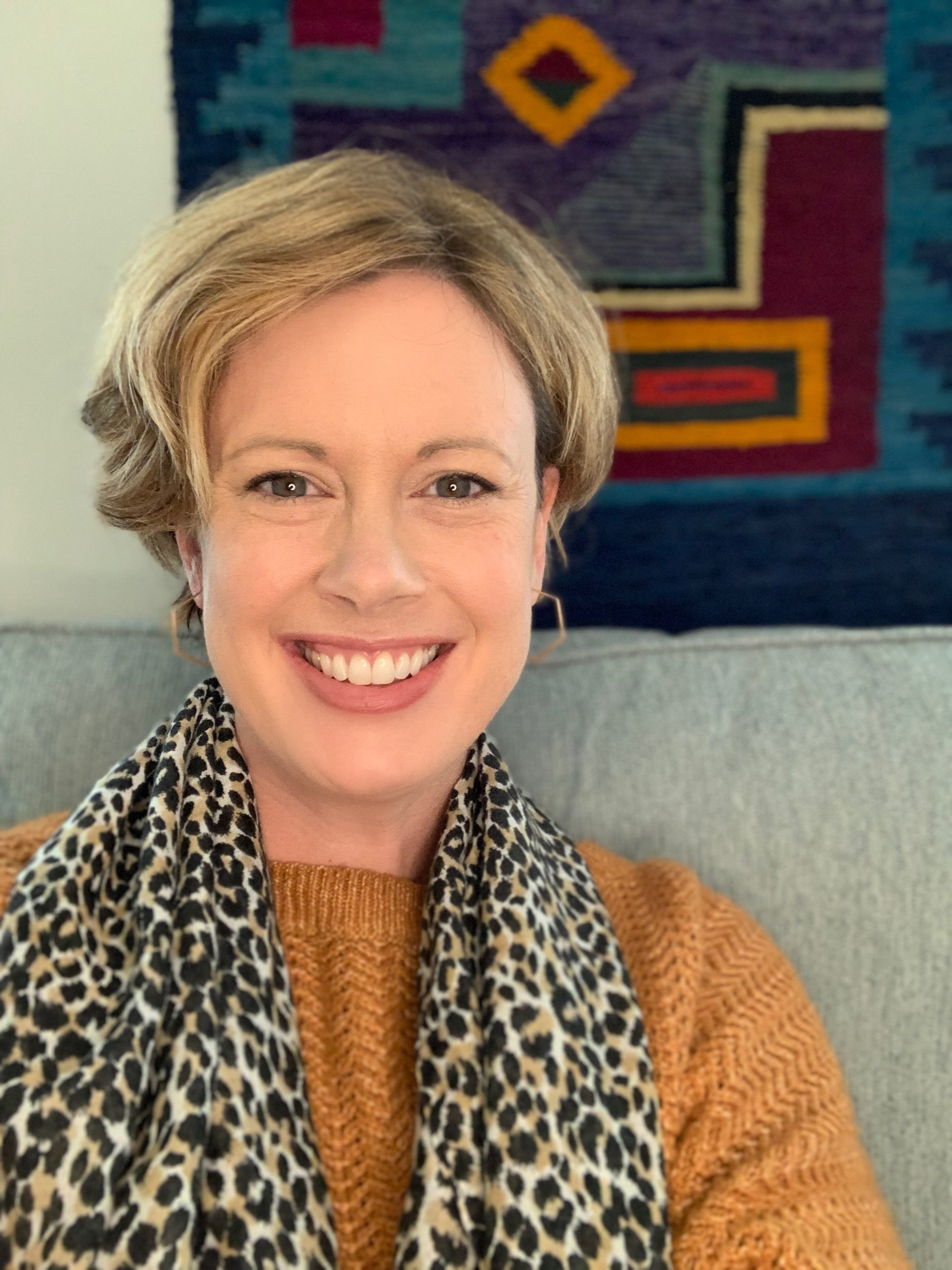Meet Our Team
Leon Hoffman, MD
Board Chair
Leon Hoffman, MD is a child and adolescent psychiatrist, and training and supervising analyst in adult, child and adolescent analysis. He is Co-Director of the Pacella Research Center at New York Psychoanalytic Society and Institute and Chief Psychiatrist of West End Day School in NYC.
Over the last 15-20 years he has become very active in the systematic empirical study of basic psychological constructs as well as the systematic empirical study of psychological treatments, especially with children. RFP-C operationalizes Dr. Hoffman's long-standing clinical approach for children who present with externalizing behaviors. Dr. Hoffman has written extensively about the importance and process of defense interpretation with children and has served as the primary supervisor for study therapists who work on RFP-C projects.
Timothy Rice, MD
Board Member
Timothy R. Rice, MD is chief of the Mount Sinai health system's child and adolescent inpatient psychiatry service. He is a board certified child and adolescent and adult psychiatrist. He attained his bachelors from Yale University and his medical degree from Columbia University's College of Physician and Surgeons. He completed his internship, residency, and fellowship in child and adolescent psychiatry at the Icahn School of Medicine at Mount Sinai Hospital, where he was chief resident for the child and adolescent program.
Dr. Rice has focused on constructing a foundation for the RFP-C model upon a developmental model organized around emotion regulation. He has explored the RFP-C paradigm in relation to deficient emotional self-regulation construct that is associated with attention deficit hyperactivity disorder and executive functioning deficits in childhood. Dr. Rice has written extensively about the role of emotion regulation in RFP-C and provides adjunct supervision of therapists who work on RFP-C projects.
Can Buyukasik, MD
Board Member
Dr. Can Buyukasik is a double board-certified child, adolescent and adult psychiatrist and psychotherapist, licensed in New York, New Jersey and Connecticut. He has extensive experience in working with all ages, families and parent-infant dyads. Dr. Buyukasik is trained in a wide range of psychotherapies including psychodynamic psychotherapy, cognitive behavioral therapy, dialectical behavior therapy, mentalization based therapy, and child-parent psychotherapy, and judicious use of medications in the management of complex psychiatric issues. He serves as the medical director for Lexington Center for Mental Health Services, a mental health center that provides counseling to Deaf and hard-of-hearing individuals and their families. He is a candidate at the New York Psychoanalytic Society and Institute.
Tatianna Kufferath-Lin, PsyD
Board Member
Dr. Kufferath-Lin is a graduate of the School-Child Clinical Combined Doctoral Program at the Ferkauf Graduate School of Psychology (Yeshiva University). She has been a lead researcher in multiple projects exploring the efficacy of RFP-C and the psychotherapy processes that are central to regulation focused treatment modalities. She has published several articles examining psychotherapy process and implementation of psychodynamic treatment manuals and is co-author of a widely utilized textbook on introductory counseling skills. As a graduate student, Dr. Kufferath-Lin served as a lead study therapist and research assistant for the first randomized controlled trial of RFP-C. She has experience training a wide range of professionals using a detailed case presentation method and is currently working on a book that provides a regulation-focused approach for parents. She is currently a postdoctoral fellow at IMPACT Psychological Services in Mamaroneck, NY.
Tracy A. Prout, PhD
Director of Research & Programs
Dr. Tracy A. Prout has an established track record of research and scholarship directly related to RFP-C. She uses this wealth of experience to support researchers investigating psychotherapy process and outcomes in RFP-C. This includes consultation for developing sound methodology, grant proposals, IRB applications, data analytics, and complex questions of how to balance treatment fidelity with individual patient needs.





